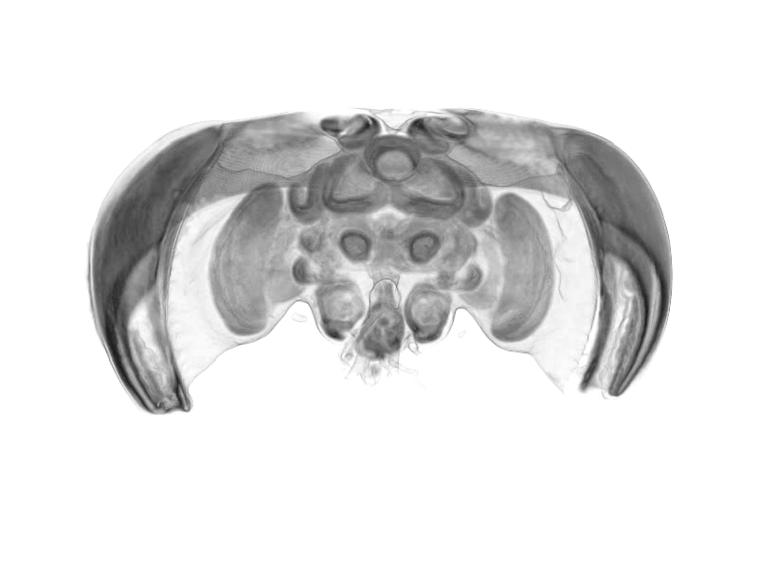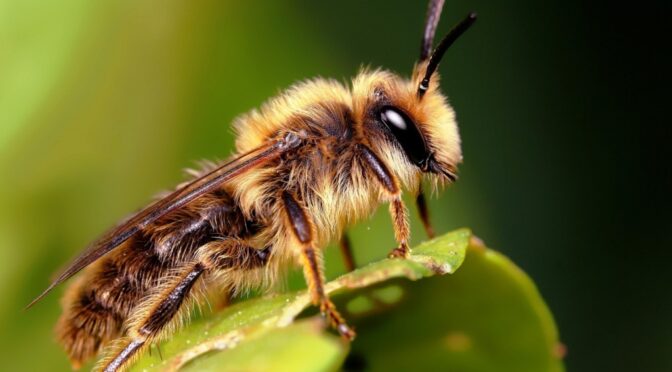The human prefrontal cortex is a glorious thing: it tells us where to go and what to do, while still retaining the flexibility to tell us why it was a bad idea to go there and do that after we’ve gone and done it.
But bee brains are different. And by different, we mean a lot smaller. Although they are smaller, they are not entirely different. Surprisingly, bees display behaviour that is quite similar to human behaviour, thanks to their tiny complex bee brains.

University of Illinois biologist Gene Robinson, who has spent much of his career looking at the brains and genes and social insects, has long argued that bees—like humans—demonstrate social structures that provide for agriculture, warfare, and symbolic language. Bees, although they may be small, are extremely intelligent and engage in many human-like behaviours:
But that’s just the power of the hive mind, right? We don’t expect bees to individually possess much intelligence. Except that they do; one 2010 study found that they can calculate the most efficient route between two points faster than some computers. Their individual brains work as GPS systems.
Dr Nigel Raine, from Royal Holloway’s school of biological sciences, said: “Foraging bees solve travelling salesman problems every day. They visit flowers at multiple locations and, because bees use lots of energy to fly, they find a route which keeps flying to a minimum.”
And now, a more recent study has found evidence that they are able to perform higher-order cognition, something you wouldn’t expect from a brain that has about 1/100,000th as many neurons (950,000 versus our 100 billion) as ours. Researches hypothesize that sociability and navigation skills may give rise to concept learning, which means the ability to think abstractly very likely exists in yet other species with nervous systems entirely unlike our own.
How do they do this? We don’t quite know yet. There has been very little study of the neuroscience of insects—which, given how much insect brains can potentially tell us about the structure of our own, is something that many scientists working in the field hope to change.

